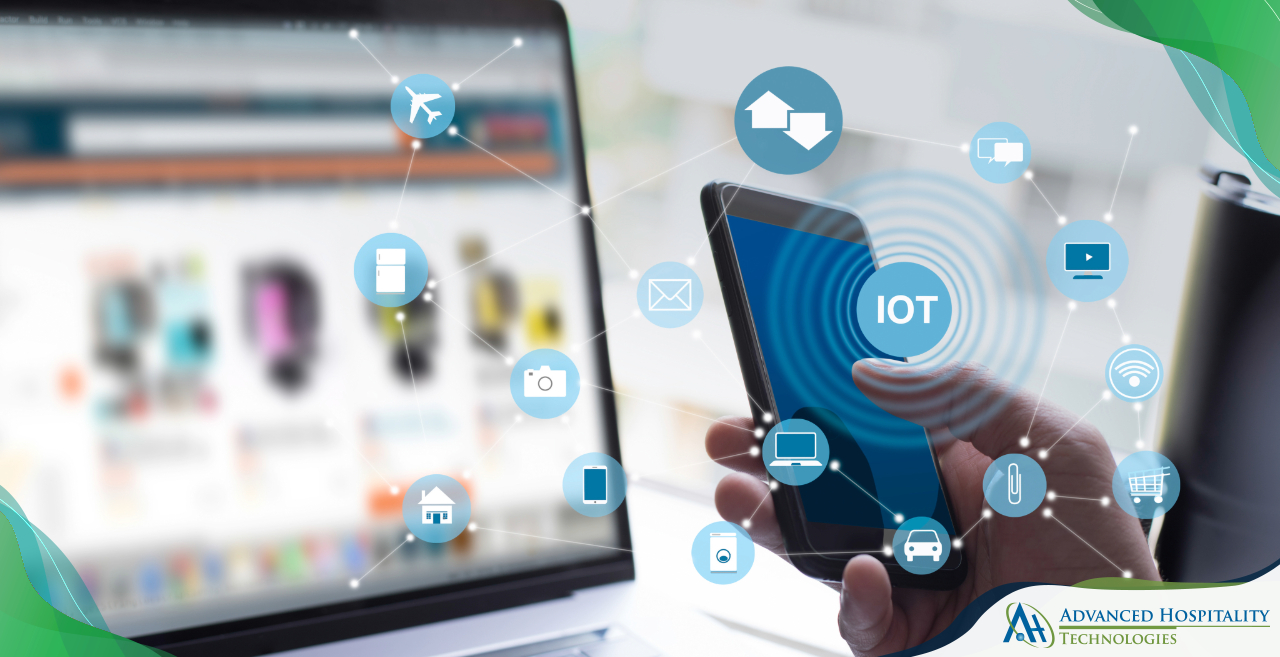Hotel technology has long moved from something “nice to have” to an essential that can be a vital factor in the decision making of a potential guest. The majority of the guests prefer a hotel with fast Wi-Fi rather than a hotel with good amenities. With the preferences of the guests changing during the last few years especially after the lockdown, it is becoming necessary for hotels to keep up their technology game if they want to maintain a competitive edge over their competitors.
Hotels need to consider following factors concerning technology if they want to stay ahead of the competition:
Attracting Tech Savvy Guests:
In this digital age, many people are required to do their jobs from anywhere in the world. For this they require a laptop or a digital device and a fast and reliable internet connection. The post pandemic period has seen a surge in remote or hybrid working models therefore guests expect fast Wi-Fi at their hotels to complete their work.
The concept of “bleisure” is becoming widespread where people combine business and pleasure in a short trip. Also, the “Digital Nomads” are becoming a thing now, digital nomad is described as “a person who earns a living working online in various locations of their choosing rather than a fixed business location.” Hotels simply cannot ignore these segments and must cater to their needs if they want to stay competitive in the industry.
Hotel technology to Tackle Staff Shortages:
The hospitality industry has been facing staff shortages, especially after the pandemic. Technology can be a way forward for the hotels to tackle this issue. Hotels can implement various technological solutions to streamline their processes. These solutions could include mobile check-in, checking in online, or using a mobile app to order room service.
Branded Guest Experience Hotel Apps:
Hospitality professionals can streamline their hotel operations, content, and marketing efforts through the integration of guest experience apps on a single platform. By introducing their own branded hotel app, hoteliers can proactively measure guest satisfaction through mid-stay surveys. This enables them to promptly address any concerns or issues that may arise during the guest’s stay, ensuring a positive overall experience before departure.
To achieve this, hotel managers can harness the power of a guest experience platform to identify and communicate with guests effectively. Segmentation based on previous actions or length of stay allows managers to tailor messages specifically for guests, such as sending unique notifications to those checking in on a given day or to guests who have utilized the spa facilities. Moreover, this platform opens up numerous possibilities to offer personalized promotions and targeted campaigns, further enhancing the guest experience.
Conclusion:
Hospitality is a competitive industry and for the hotels to keep attracting new guests, constant technological evolution is essential. The guest expectations are changing, and the hotels need to provide a guest experience that matches those expectations. By deploying new technologies and meeting the guest expectations, the hotels can stay ahead of the curve.


